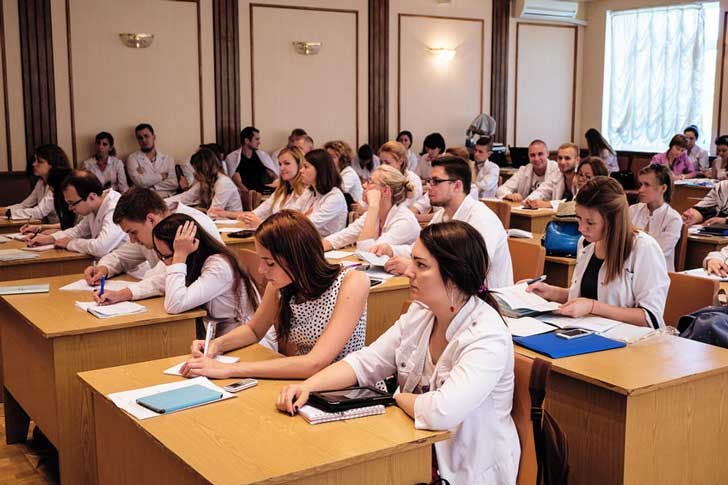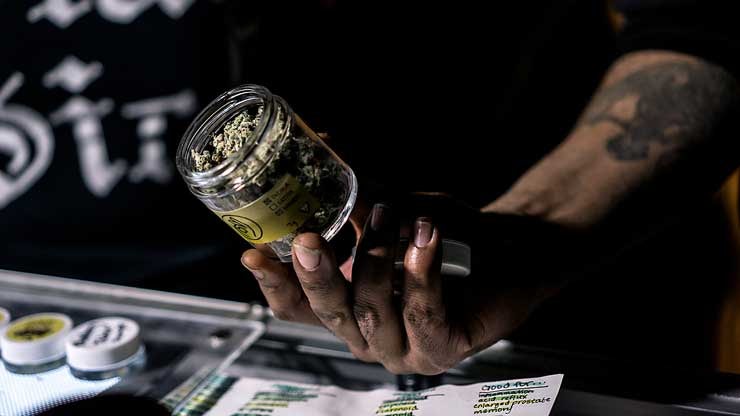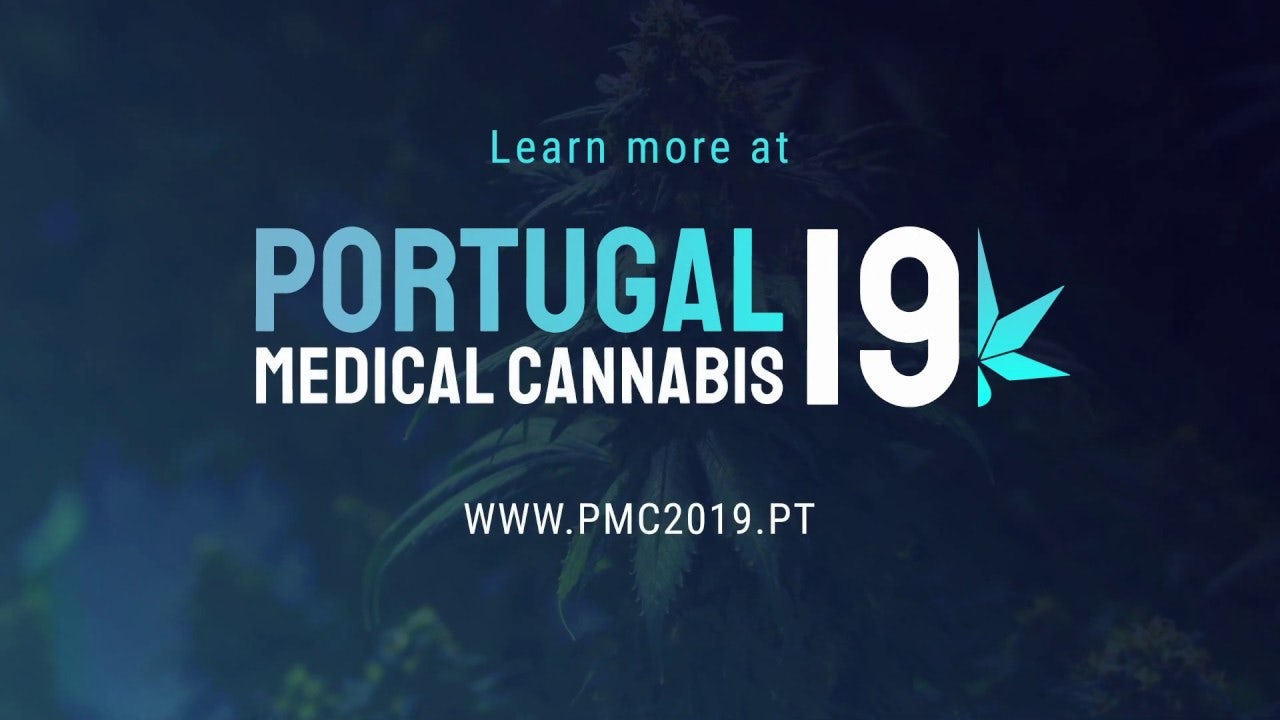The science behind the explosion of medical cannabis has gained widespread acceptance in recent years. The FDA has approved a cannabis-derived drug, the DEA is expanding marijuana growing permits for medical research, and yet another federal agency is asking for proposals for standardizing medical marijuana dosing.
The National Academy of Sciences, which was formed to give independent, objective science-based advice to the US government, has also acknowledged marijuana’s therapeutic value, with a 2017 report finding it helpful for treating pain, as well as nausea and vomiting associated with chemotherapy. And, of course, medical marijuana is now legal in two-thirds of US states and in dozens of countries around the world.
All of this is great news for everyone. The more legit science there is to back up marijuana’s manifold medical benefits, the better.
Just don’t expect your doctor to know much about it.
Doctors in the dark
A recent nationwide US survey published in Drug and Alcohol Dependence found that 84.9% of physicians-in-training reported receiving no education in cannabis, either in medical school or during their residency. While it’s not surprising that medical school curricula during the Drug War era offered nary a mention of weed other than warning of the risks of drug dependency or other side effects, even fresh-out-of-residency doctors of today just aren’t up to snuff with cannabis therapeutics.
Despite the growing number of legal states and medical cannabis patients, most doctors have little to no formal education, training, or clinical experience, making them ill-prepared to help their patients navigate treating specific conditions with cannabis, including advising them on dosing and possible drug interactions.

The void left by that lack of education has been filled in several ways, and with the internet doctors have many resources at their fingertips to independently educate themselves on medical cannabis. Some of them can be significantly helpful, but none are a replacement for the inclusion of cannabis education in medical schools and traditional frameworks. Doctors can only practice what they learn, and that foundation starts in medical school.
The number of medical marijuana conferences and continuing education courses for medical professionals has exploded in recent years. Online resources, both for the general public and those designed specifically for doctors, have also dedicated more and more space to cannabis treatment and explaining the science behind it.
The other track was described by a recent study as a “citizen science movement” with “unlicensed and untrained individuals” ranging from budtenders to cannabis consultants “acting as healthcare provider proxies” offering cannabis-specific clinical care.

Northern California general practitioner Dr. Jeffery Hergenrather is self-taught in cannabis therapeutics, but don’t let his DIY approach fool you. A founding member of the Society of Cannabis Clinicians, as well as a longtime member of both Patients Out of Time and the International Cannabinoid Research Society — all organizations devoted to scientific research in cannabis medicine — he first began observing the clinical properties of cannabis in the 1970s, long before scientists even discovered the endocannabinoid system.
After observing “remarkable pharmacological and psychiatric benefits with only trivial adverse effects” he became so convinced of the plant’s safety and utility for a variety of conditions that he devoted the next 40 years to making it the centerpiece of his practice.
Dr. Hergenrather believes that cannabis science is woefully missing in medical school curricula. Medical students, he argues, “simply do not have a formal, balanced training of the endocannabinoid system and how cannabis interfaces with it, and an education about the vast pharmacological properties of cannabis and the cannabinoids.”
Instead, he says, medical training tends to “parrot the assertions of harm and addiction funded by the National Institute on Drug Abuse” and remains squarely focused on pharmacology.
‘There’s no question medical students need better cannabis education’
Dr. Sherry Yafai has been asking “why not cannabis?” for years. A Santa Monica, California ER doc who specializes in cannabis-based medicine, Dr. Yafai’s work in the emergency room put her on the frontlines of the opioid crisis at the same time cannabis was becoming legal in California. “I was confronted with the realization that the evils of cannabis are dramatically less than the evils of opiates,” she says.

Research has shown that pain management is one of the conditions for which cannabis is especially efficacious. A 2018 review of studies on cannabis and neuropathic pain found that those taking cannabis medicines achieved 50% or greater pain relief compared with placebo. Another study in the Clinical Journal of Pain reported that when patients with chronic pain were treated with cannabis, they not only experienced less pain and better functionality, but their opioid use dropped by 44%.
Dr. Yafai bemoans the lack of medical school education in cannabis therapeutics. “Unlike training in typical pharmaceutical medications,” she says, “cannabis-based education still seems to be stuck in hysterics and politics.” Like Dr. Hergenrather, Dr. Yafai was forced to seek out and piece together her own education in cannabis medicine, starting with conferences at Dartmouth Medical School, Harvard, UCLA and UCSD, and learning from experienced physicians such as Dr. Bonni Goldsten.
“There is no question that medical students and many medical residencies should be required to have better cannabis education,” says Dr. Yafai. “This is especially true for medical schools and training programs in states with legal recreational cannabis, due to the much larger number of patients that will have had exposure to the drug/medication.”
Medical schools ‘hovering around’ cannabis
Matan, a medical student in Israel who asked not to use his full name, said that during his six years of studies, “they hovered around” the subject of cannabis treatment and the endocannabinoid system, though he added “that’s probably putting it a little politely.”
He said there was no broad coverage of cannabis in his studies but he did receive instruction on the endocannabinoid system in his third year, when he was learning about the neurological system.
In Canada, where the use of both medical and recreational marijuana is now legal, the government has compiled a comprehensive online guide on medical cannabis for its country’s healthcare practitioners. The guide includes information on the pharmacology of cannabis, its potential therapeutic uses for a range of conditions, its risks and potential drug interactions, as well as guidelines for delivery and dosing.
The government also offers its citizens basic information on personal use, including benefits and risks, and how to grow your own cannabis medicine at home. Such clear, easy-to-understand educational materials seem vital in a world where so many people have turned to cannabis as an alternative to mainstream medicine.
Perhaps the US will someday follow Canada and others’ example and educate its nation’s healthcare practitioners in medical cannabis. In the meantime, some states with medical marijuana laws have wisely taken the lead: Pennsylvania, for example, requires all licensed dispensaries to employ an on-site pharmacist or physician who has completed a state Department of Health-approved medical cannabis training, giving them a bit more evidence-based knowledge under their belts than the average budtender.
In addition, most US states with medical marijuana programs require doctors to take a short online course before they can legally recommend cannabis to their patients.
But for now, most doctors are left to piece together their own cannabis education.
Ben Hartman contributed to this report.
Sign up for bi-weekly updates, packed full of cannabis education, recipes, and tips. Your inbox will love it.

 Shop
Shop Support
Support
















